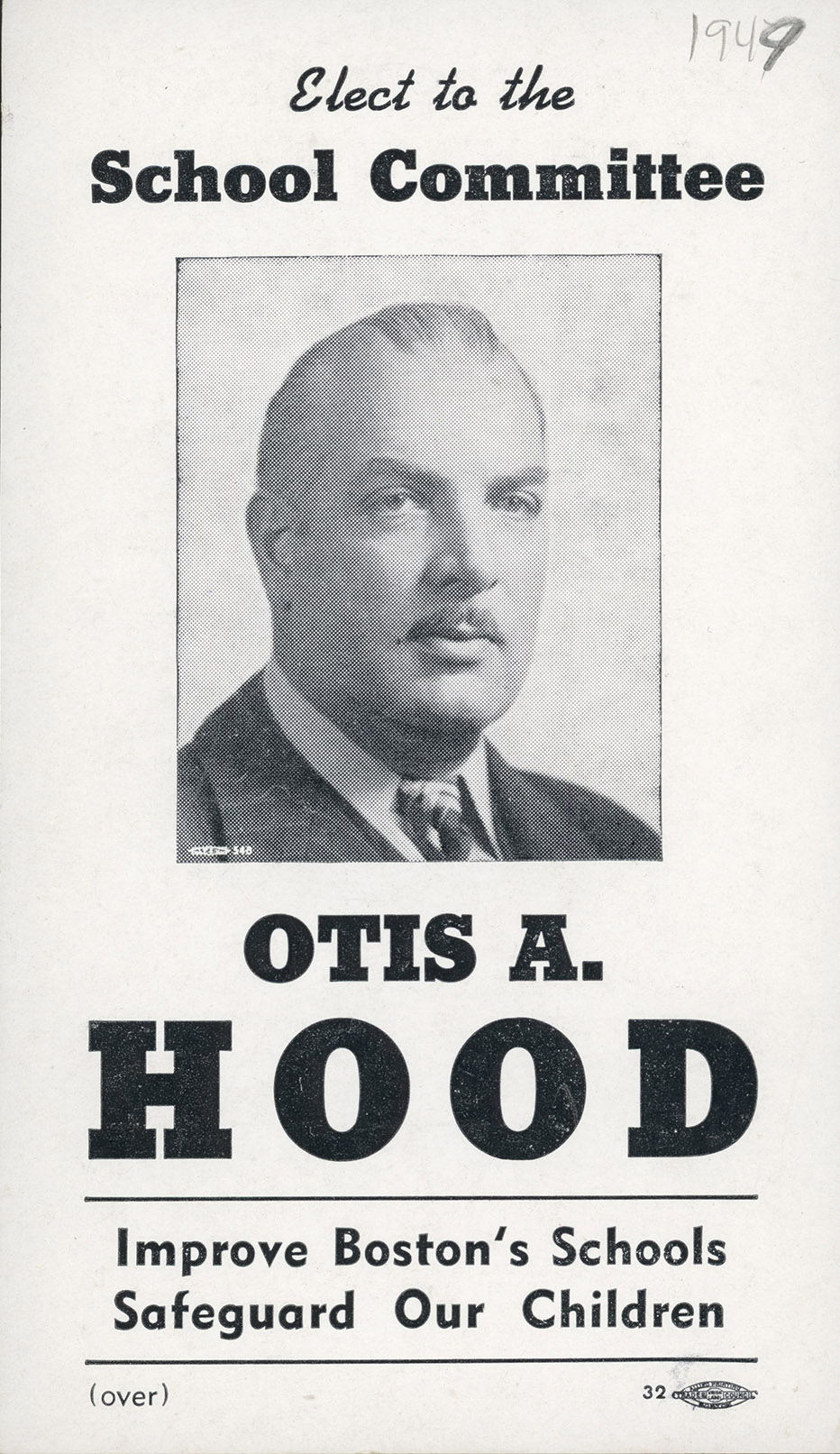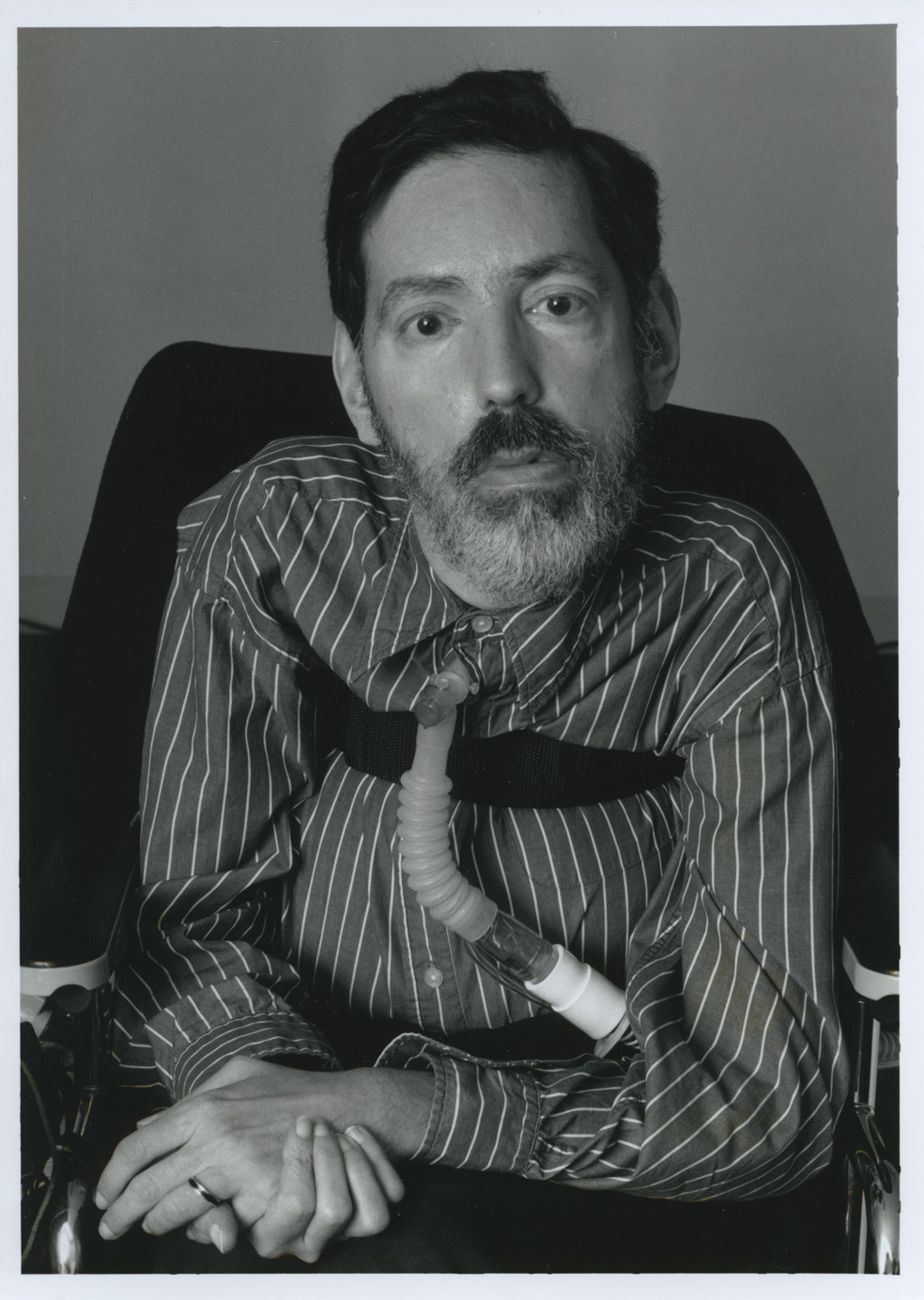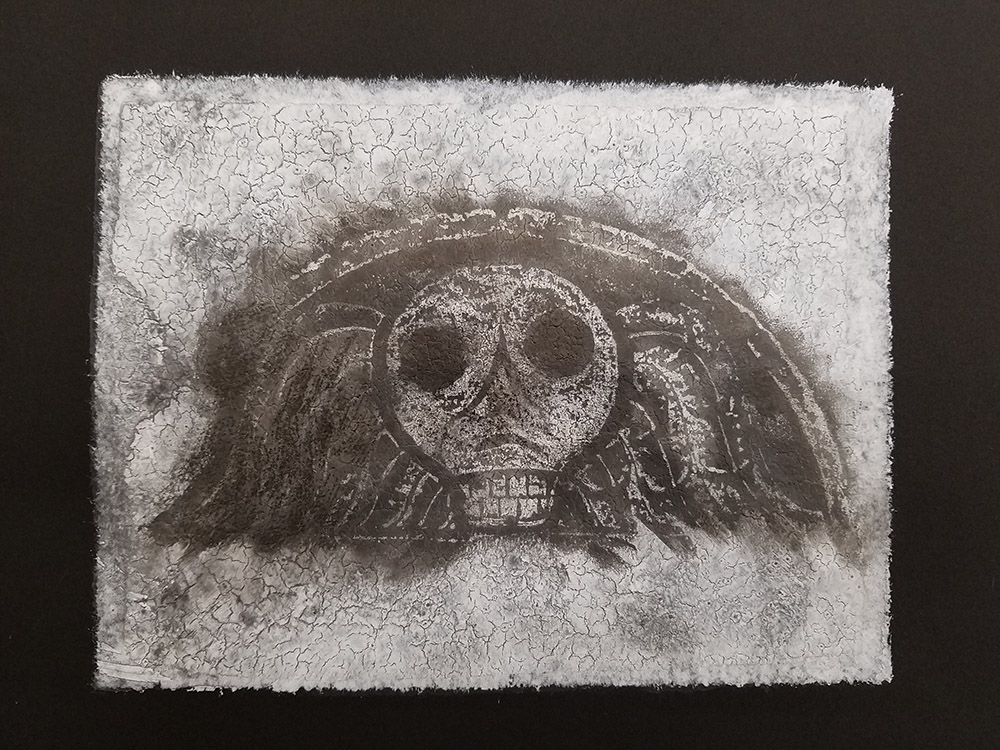Otis A. Hood Papers

A long-time leader in the Communist Party in Massachusetts, Otis A. Hood (1900-1983) was a frequent candidate for public office between the late 1930s and early 1950s. At a time of increasing repression, he stood openly for Communist principles, speaking regularly on the radio and at public forums. In 1954, he was one of several activists arrested for violating the state ban on the Communist Party, winning acquittal, and he was acquitted again after a second indictment in 1956 on charges of inciting the overthrow of the federal government.
The Hood papers are a slender reflection of Communist politics during the height of McCarthy-era repression. The collection centers around Otis Hood’s public espousal of Communist ideals as a candidate for public office in Boston, and particularly his runs for the city School Board in 1943 through 1949, but it includes fliers, handbills, and other materials relating to Communist-led campaigns relating to the war, housing, public transportation, and education, but most importantly, transcripts of radio broadcasts made by Hood during his political campaigns and relating to a variety of social issues.



